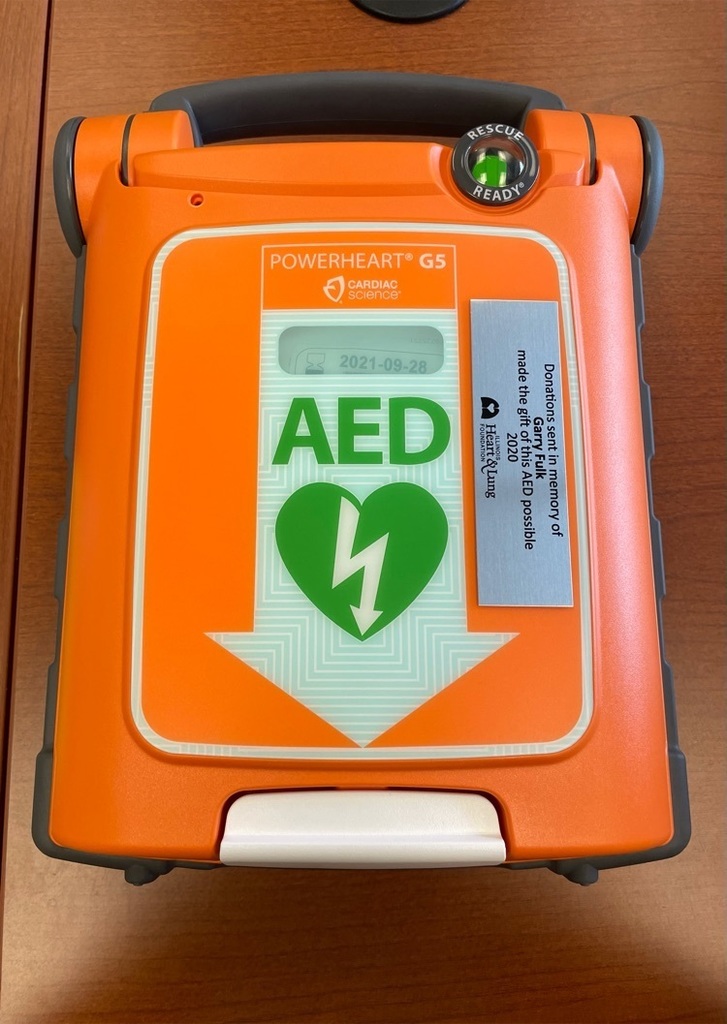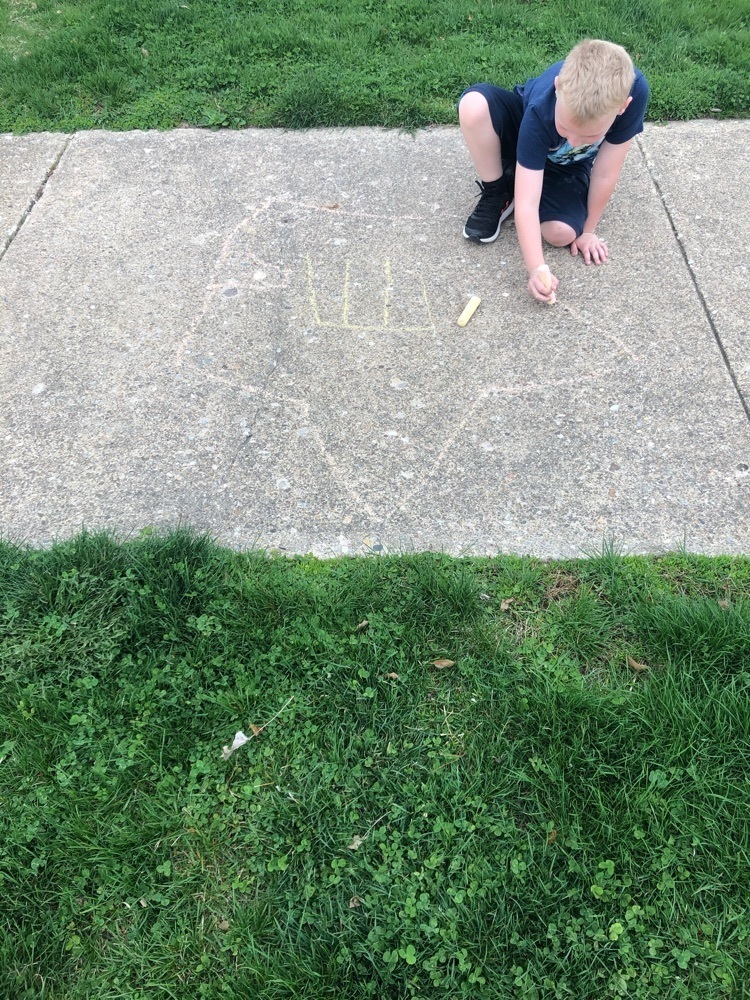Skyward will be inaccessible this morning while we complete the Year End rollover process. We will communicate when it is available again later today. Thank you for your understanding.
It was a truly “AWESOME” last day at Olympia South!




Fifth graders had a great day for their Egg Drop experiment! They are practicing the scientific process.


The sun came out and the Kona Ice truck came to South! That makes for a great Wednesday.

Thank you OHS FFA students and Bryce Hoffman for bringing Ag Day to Olympia South!



Reminder! Today from 3:00 - 4:30 PM there will be a Mobile Food Distribution from at Olympia West Elementary in Minier IL. There are no eligibility requirements, and one box will be distributed per family via curbside pickup.

1st graders in Mrs. Gray’s room were creating umbrellas to withstand wind. After each wind test, if their design was unsuccessful, students could make adjustments to their design before testing again. They were making connections between their design and the design of trees.


Family Tip #4 (Elementary): Develop their instincts
Help kids trust their guts so they can exit iffy or inappropriate online conversations. Discuss different scenarios and ask how they would feel and what they would do.
Reminder! Tomorrow there will be a Mobile Food Distribution from 3:00 - 4:30 PM at Olympia West Elementary in Minier IL. There are no eligibility requirements, and one box will be distributed per family via curbside pickup.

Family Tip #3 (Elementary): Help kids navigate online friendships
In the beginning, you might limit all communication with strangers online. As kids get older, you can monitor any online chatting. And once they're more independent, you can discuss which methods of communication are appropriate as well as which types of information to keep private from online-only friends.
Thank you to the family of Garry Fulk who visited Olympia South today to donate an AED machine in his name. We will use it in the school nurse’s office until the new gym construction is complete. Once the construction is complete the AED machine will be mounted there.


Happy 4th birthday, Gunner! We hope you have an amazing day! 🎉
Love,
Your OLY South family

Family Tip #2 (Elementary): Play a game of telephone
Discuss how a message can change depending on the person delivering it or the delivery method. Read a question like "What are you doing?" with different tones of voice. Talk about how emoji and punctuation can help communicate tone and emotion in text messages.
Games, social media, and other online spaces give kids opportunities to meet and chat with others outside the confines of their real-life communities. But how well do kids actually know the people they're meeting and interacting with? Help students consider whom they're talking to and the types of information they're sharing online.
In this video, kids hear from teens about the benefits and drawbacks of presenting themselves differently (or even anonymously) to others online, and consider what it means to "be yourself" in digital spaces.
Video Link: bit.ly/olyRCv3

*Keeping Games Fun and Friendly*
Social interaction is part of what makes online gaming so popular and engaging for kids. But online communication can come with some risks. Show your kids how to keep their gaming experiences fun, healthy, and positive.
Video: bit.ly/olyRCv1

Family Tip #1: Give them the right words.
Kids learn about appropriate verbal and physical communication from watching you. But online conversations can be invisible. Occasionally, narrate as you're writing texts or social media comments when your kids are in earshot.
First graders in Mrs. Gray’s class enjoyed the nicer weather while illustrating their personal narratives. Each student used chalk to draw their small moment in a sidewalk square!



**Help Kids Make Friends and Interact Safely Online: Elementary**
Soon after kids start reading and writing, they often begin interacting with others online. Whether they're chatting within games or texting family members, kids need the skills to interact respectfully. These skills will help kids -- and the people they're communicating with -- have positive experiences online. Throughout April, be on the lookout for these 4 Family Tips for elementary families who are looking to build a strong foundation for online relationships and communication!
1. Give them the right words.
2. Play a game of telephone.
3. Help kids navigate online friendships.
4. Develop their instincts.
Family Tip 5: **Skip quizzes**
Help kids identify and avoid clickbait, quizzes, special offers, and anything that asks for personal or private information. This helps keep information secure and devices safe.

5 Myths and Truths About Kids’ Internet Safety
Help keep your kids' online experiences positive and productive by learning the truth (and ignoring the rumors) about what really makes them safe. Article by Caroline Knorr
bit.ly/olyDSA5

